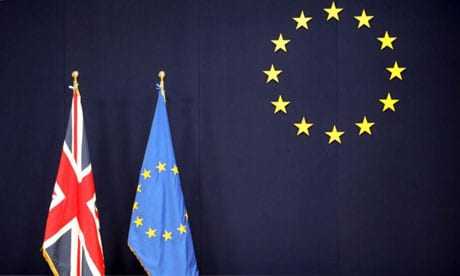 The economist
The economist
THE elections are coming up and the TV and radio ads are getting crazy. In the car yesterday I heard a hyperventilating spot that mentioned “sexual predators” a half-dozen times. It was to do with Iowa’s attorney general. I guess if he gets elected again, our kids get raped. I don’t think anybody wants that. But you know what? I doubt much really hangs on the result of the contest between Tom Miller and Brenna Findley. In fact, I doubt much hangs on the result of next week’s nationwide elections. This is the great unspeakable fact of American politics: it doesn’t matter all that much who wins.
That’s not to say it doesn’t matter at all. It does matter. It just matters in ways rather different from the ways we are encouraged to think it matters by politicians and the press. I’m glad my wise co-blogger warned us the other day against neglecting zero-sum thinking in politics. Democratic politics is to a great extent a war of coalitions over what the great political economist James M. Buchanan called “the fiscal commons”.
Of course, it’s a simplification to see government as a big pool of money. Distributional conflict has many guises. The money in the pool has to come from somewhere, so the battle is waged just as much over who is forced to pay into the pool and under what circumstances. The middle class doesn’t like to get welfare checks, so instead it gets tax credits and deductions for doing things middle-class people generally do anyway. It’s six one way, half-a-dozen the other. Regulatory policy is even more indirect, but regulation often amounts to little more than welfare checks for some interest groups and taxes for others. Monetary policy has distributional consequences, too, by changing the real value of money. Other things equal, inflation erases both debt and savings; good for debtors, bad for creditors. I think you’ll find that political parties tend to reliably support policies that have nice distributional consequences for the interest groups that support them. And I think you’ll find politicians and court intellectuals brilliant at framing pay-offs to party stalwarts as policies absolutely necessary to the common weal.
But I think you’ll also find that policy doesn’t swing very wildly when government changes hands. Parties do what they can to reward supporters, but they can’t do too much. Many interest groups play both sides, exerting significant influence on policy regardless of the party in power. Military suppliers, big Wall Street interests, and the economic middle-class may do better or worse, but they always do pretty well. Moreover, policy is quite constrained by general public opinion. Neither party will drift too far from the median voter. Of course, the median voter doesn’t know or care much about many areas of policy. In those cases, interest groups that stand to gain or lose from a change in policy may be the decisive influence. But, even then, parties are not unfettered. For one thing, the interests that constitute a winning coalition are not all perfectly aligned, and we can expect parties often to split the difference in internal conflicts. And, of course, out-of-power interest groups are not powerless. It is not uncommon for opposing lobbyists to more or less cancel out each others’ influence.
All this adds up to: very little change about half of us tepidly believe in. Consider the alternative universe in which Mitt Romney is president. It’s quite plausible that Romneycare looks a great deal like Obamacare. It’s quite plausible that Mr Romney’s parallel-world defence policy uncannily resembles Mr Obama’s. And so on. I am heartened by the prospect of divided government, but we shouldn’t expect government with a moderate, centre-right House to look a lot different from the moderate, centre-left government we’ve got now.
Nevertheless, people are going out of their minds stomping heads and warning of streets teeming with sexual predators because we are all phenomenal dupes willing to pick up the propaganda partisans put down. Our minds have been warped by relentless marketing designed to engender false consciousness of stark political brand contrasts. It’s as if Crest is telling us that Colgate leads to socialism and Colgate is telling us that Crest leads to plutocracy and all of us believe half of it.




